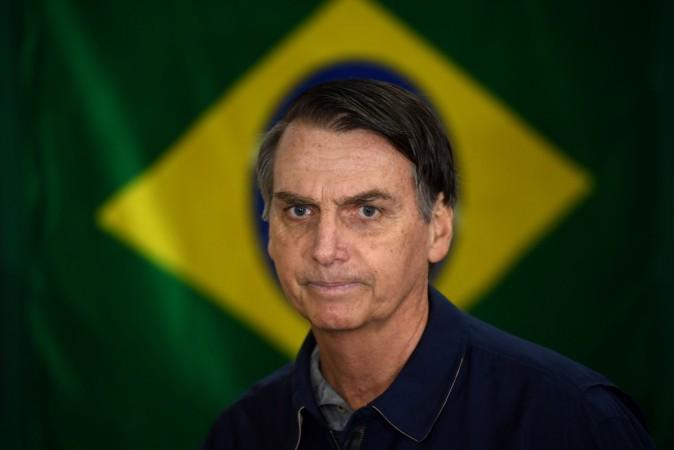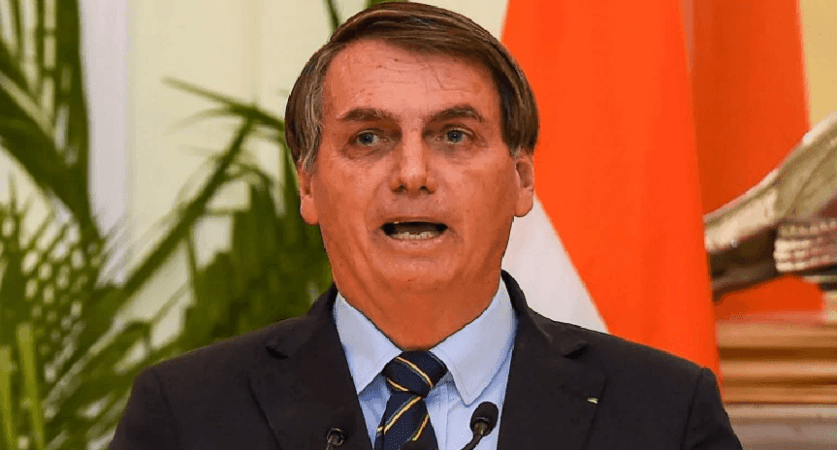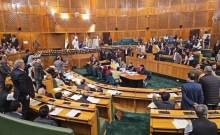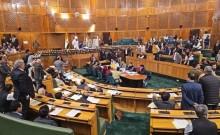
Brazilian President Jair Bolsonaro, who has been tested positive for the novel coronavirus for a second time, was reportedly bitten by an emu-like bird that he tried to feed while in quarantine at the presidential palace here, a media report said.
On Monday, Bolsonaro complained of his "horrible" isolation, saying he "can't stand this routine of staying at home", the Independent newspaper reported on Wednesday.
Bolsonaro decided to feed the birds, gets pecked by a bird
Later that day, he took a stroll around the Palacio da Alvorada in Brasilia and decided to feed the birds.
One of the flightless birds, called a rhea, "pecked" at the President, the Portuguese langauage Metropoles news website reported.
In a live Facebook broadcast on Wednesday, Bolsonaro confirmed that he has once again tested positive for COVID-19, roughly a week after he contracted the virus.
"We hope that in the next few days, they will give me a new test and, everything will be fine so that we can return to normal activity," he added.
'A little flu': Bolsonaro downplays virus

On July 7, Bolsonaro, who repeatedly played down the risks posed by the virus which he termed "a little flu" and asserting that he would not be seriously affected by it, announced that after developing a fever and general discomfort, he tested positive for COVID-19 at the Brazilian Armed Forces Hospital.
Bolsonaro is 65 years old, making him part of an age group experts consider to be at high risk for developing complications from the disease.
Brazil currently accounts for the second highest number of COVID-19 cases and deaths in the world at 1,966,748 and 75,366, respectively, according to the Johns Hopkins University.
Despite the rising numbers, Bolsonaro has argued that regional lockdowns were having a more damaging effect than the virus itself, and accused the media of spreading panic and paranoia.








